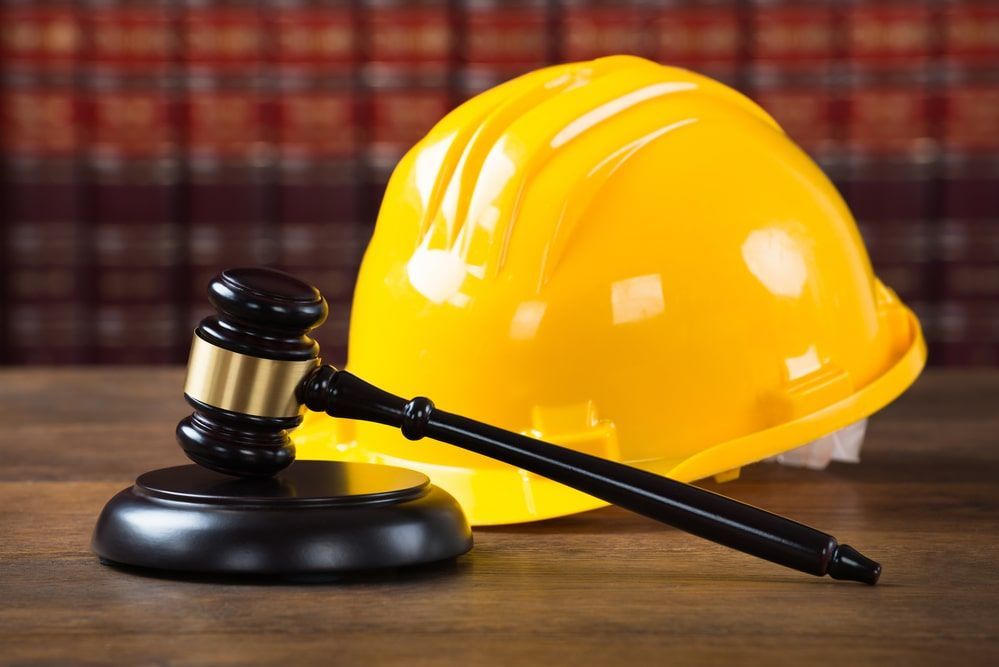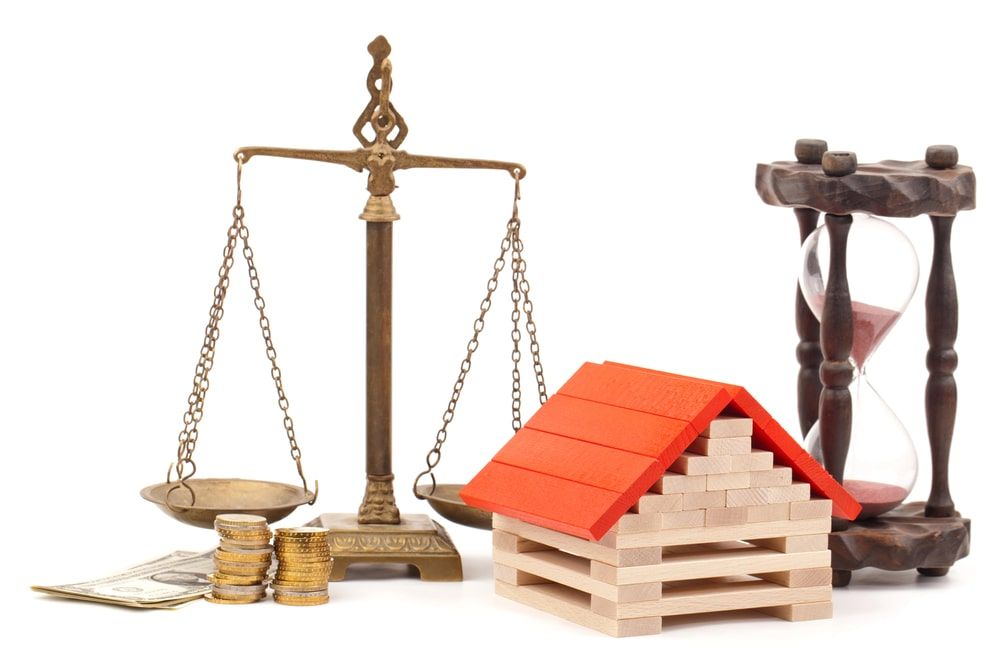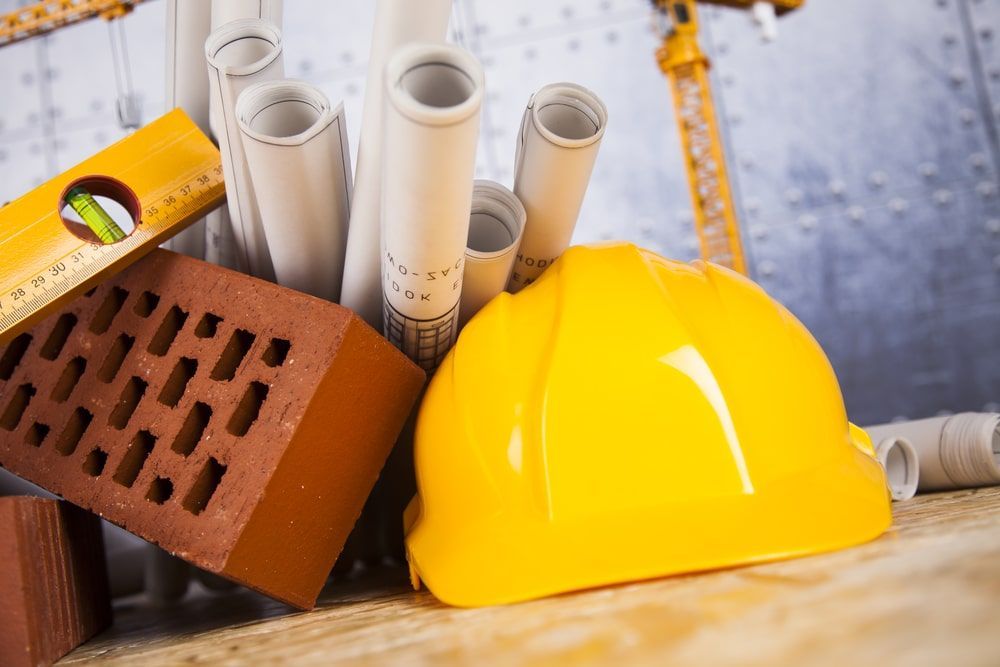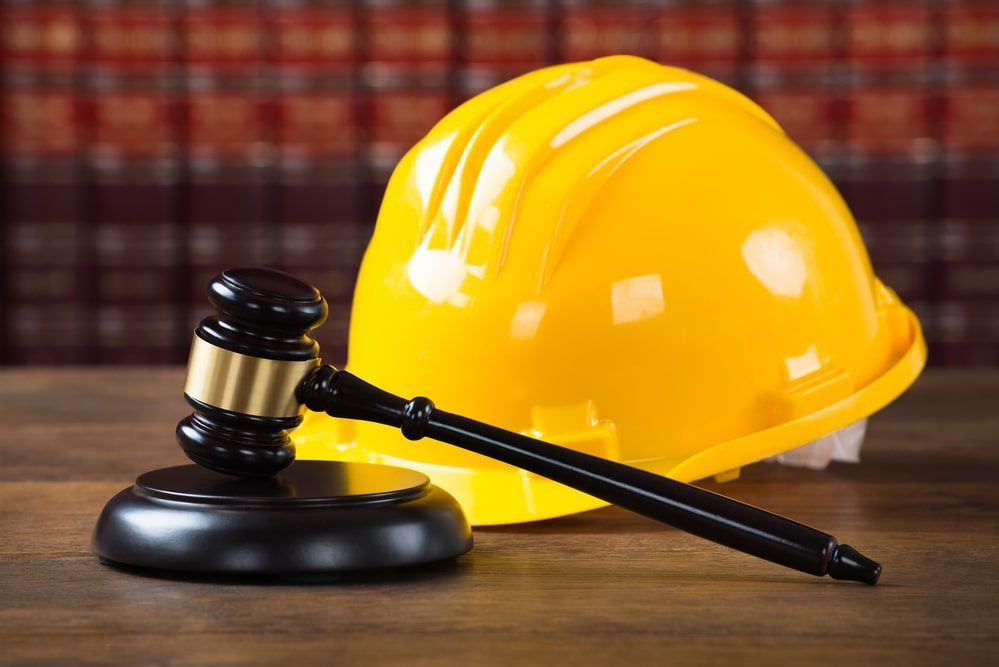Filing a Complaint Against a Contractor in Florida

Construction contracts in Florida should clearly outline the rights and responsibilities of each party during a building project.
Generally, most eventualities are covered by a well-drafted contract, but contractor disputes do sometimes arise. A property owner may be unsatisfied with a contractor’s work, professionalism or adherence to the terms of the contract, for instance.
Most times, contractor disputes can be resolved out of court, but if informal discussions don’t work, a formal complaint can be filed against the contractor and steps taken to recover any losses.
Whether you’re the owner of a home or commercial building, there are several avenues for filing a complaint and seeking restitution—both with state government and non-government organizations—and these are explored below.
Why are contractor complaints filed in Florida?
Briefly, the main reasons for filing a complaint against a contractor in Florida include:
- The contractor failed to complete the project
- The contractor overcharged for a service or replacement parts
- The contractor performed the wrong repairs or the work was not to the required standard
- The contractor was paid but didn’t perform the agreed work
- The contractor damaged property and failed to take responsibility for it
- The contractor breached a term of the contract
Any of the above reasons can create issues and escalate into a contractor dispute that leads to an official complaint being filed.
Filing a complaint in Florida
When a disagreement exists between a property owner and a contractor, the property owner can file a complaint with the appropriate authority.
In Florida, complaints against contractors are often filed with the county contractor licensing board but alternative measures exist too.
The licensing board will review all allegations made by the property owner and begin an initial investigation to confirm the accuracy of the complaint.
If the claims turn out to be accurate, a more substantive evaluation will be conducted. This second review seeks to establish whether the property owner has demonstrated sufficient “probable cause” of violation.
Complaints that are verified by this second review are sent to a governing trade board. A formal or informal hearing will be scheduled at which the property owner and contractor can present evidence.
During this process, depending on the nature of the dispute, both property owners and contractors often hire construction lawyers to assist with supporting their arguments.
If the stakes are high, the assistance of a seasoned construction lawyer can help you achieve the desired outcome—and avoid potential complications, such as defamation claims from contractors.
Possible sanctions
The governing trade board has the authority to suspend or revoke the license of a contractor if it finds that the contractor breached the terms of the construction contract with non-compliant work and is not prepared to “make things right”.
The board may also impose fines on the contractor.
How to file a complaint with the Florida DBPR
The Florida Department of Business and Professional Regulation (DBPR) is a state agency responsible for licensing and regulating businesses and professionals in the state.
Professionals and businesses include veterinarians, barbers, real estate agents, hotels, restaurants, and so on as well as building contractors. Over 1.6 million businesses and professionals are regulated by the DBPR in Florida.
You can lodge your complaint against a contractor with the DBPR and also verify licenses with the department. However, it should be noted that the department doesn’t handle disagreements over contract terms.
You can file a complaint with the DBPR in two ways:
- By mail. Fill out a complaints form and mail it to:
Department of Business and Professional Regulation
Division of Regulation/Compliance – Consumer Services
2601 Blair Stone Road
Tallahassee, Florida, 32399-0782
- Search here for the type of contractor you want to file a complaint against on the list provided and you will be redirected to the appropriate URL to complete an online complaint.
Whether you apply by mail or online, the complaint form must be signed and the statements you make must be verified as true. In your complaint, you can include documents such as receipts, contracts, invoices, advertisements, and proof of payments.
Once the DBPR receives your complaint against a contractor, the department will investigate the claims made. If necessary, the DBPR can take disciplinary action against licensees or individuals performing unlicensed work. Sanctions include fines and suspending licenses.
The DBPR cannot, however, help you recover fees paid or seek remedies for injuries. For that, you’ll need to find an alternative avenue, such as filing a lawsuit.
Alternatives to filing a complaint against a contractor
If informal discussions with the contractor don’t get you the outcome you want from a contractor dispute, the complaint you file may punish the contractor but won’t address your financial losses.
If you are severely out of pocket because of the dispute, you may want to pursue other means of recovering your funds.
This could be achieved through litigation but alternative dispute resolution methods, such as mediation or arbitration, are alternatives to sending the matter to court. These methods are often less time-consuming, expensive, and stressful when seeking a satisfactory resolution.
Indeed, many construction contracts include an arbitration or mediation clause that is specifically intended to prevent a court trial.
Speak with an experienced construction attorney to discover the strength of your case against the contractor. Sometimes, simply sending a demand letter is enough for the contractor to comply. A demand letter sets out requests for the contractor and often precedes the filing of a lawsuit.
The contractor may agree to make good for the mistakes or omissions in the work or to settle payment matters. However, if the demand letter is ignored or challenged, you can take your claim to the Florida courts.
The small claims courts can handle cases against contractors for breach of contract, refunds, and more.
What is the Construction Recovery Fund in Florida?
Florida’s Construction Recovery Fund can reimburse monetary losses caused by certain acts of licensed contractors or construction companies in the state.
To be eligible for recovery, you must have:
- Entered into a signed written contract with a licensed contractor for work on your home.
- Suffered a financial loss due to the contractor violating s. 489.129(1), Florida Statutes
- Received a final judgment or order of restitution against the contractor, financially responsible officer or business organization
Whichever path you decide to take with your contractor dispute, filing a complaint or seeking compensation is usually a smoother process if you can call on reliable legal advice from an experienced construction law attorney
For the help you need, call Bennett Legal Group today at 407-734-4559 to arrange a free consultation. Alternatively, complete a short form and let us know the nature of your issue.
The post Filing a Complaint Against a Contractor in Florida appeared first on Bennett Legal Group, P.A..

















